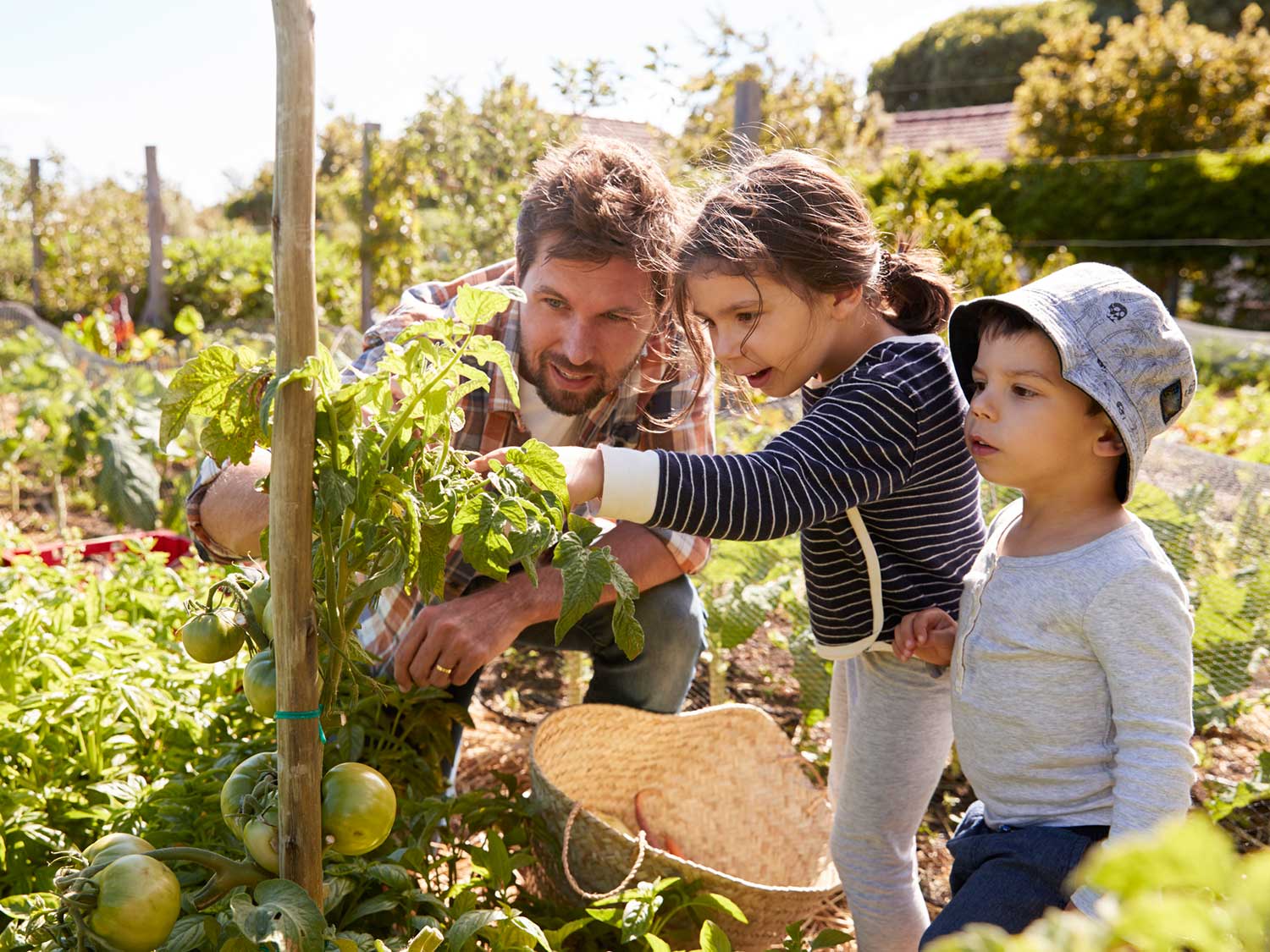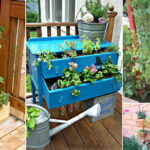Gardening, an ancient yet ever-relevant practice, transcends mere cultivation of flora; it serves as a fertile ground for imparting invaluable life skills to children. When parents engage in gardening with their children, they do more than create a green space; they facilitate an array of cognitive, emotional, and social lessons. This narrative explores the multifaceted learning experiences children gain through gardening, underscoring the significance of this practice in fostering holistic development. From instilling life skills to cultivating environmental awareness, the act of gardening remains a transformative avenue for youth engagement.
Understanding Gardening as a Pedagogical Tool
Gardening as an educational modality offers a multitude of learning opportunities, situating children within a dynamic context that echoes real-world challenges. The hands-on nature of gardening allows children to explore various concepts including ecology, biology, and responsibility. When children dig in the soil, plant seeds, and nurture their growth, they are not just participating in a leisure activity; they are delving into the complexities of life itself.
An intimate connection to nature is fostered through these interactions. Understanding where food originates, recognizing the cycles of growth and decay, and observing the intricate relationships within ecosystems are pillars of experiential learning that gardening promotes. Such experiences facilitate a comprehensive comprehension of the interconnectedness of life forms and the natural environment, fostering a sense of stewardship that is essential in the contemporary discourse surrounding sustainability and conservation. Hence, through gardening, children glean not only academic knowledge but also a deep-seated respect for the environment.
Sculpting Life Skills Through Soil and Seed
Participating in gardening cultivates an essential skill set that children carry into adulthood. The practice of growing plants involves numerous life skills, including critical thinking, patience, and perseverance. For instance, nurturing a plant from seed to harvest requires a strategic mindset; children learn to set goals, plan timelines, and adapt to unforeseen challenges like pests or adverse weather conditions. Consequently, they develop strong problem-solving abilities that prove beneficial in both academic and personal spheres.
Moreover, gardening instills a profound sense of responsibility. Children are tasked with the care and nurturing of living organisms, establishing an awareness of the consequences of neglect and the rewards of diligence. This responsibility fosters a work ethic that transcends the garden beds, influencing how they approach responsibilities in other domains of their lives, whether it be academics, chores, or community involvement.
The development of emotional intelligence cannot be overlooked either. Working alongside parents in the garden offers a unique bonding experience, enabling open communication and the expression of feelings. As children witness the lifecycle of plants and experience the joys and disappointments of gardening, they cultivate empathy and resilience—qualities that are vital for navigating interpersonal relationships and overcoming life’s obstacles.
The Ecological and Nutritional Impact of Gardening
In an age where environmental concerns loom large, gardening serves as a practical introduction to ecological stewardship and sustainable practices. Children engaged in gardening learn about biodiversity, the importance of pollinators, and organic farming techniques that can significantly impact the health of both themselves and the planet. This understanding transcends the garden as children become advocates for sustainable living in their families and communities.
Additionally, the nutritional benefits of gardening are profound. Children who participate in growing their own food exhibit an increased willingness to consume fruits and vegetables. By taking part in the cultivation process, they develop preferences for fresh produce, fostering healthier eating habits that can last a lifetime. This practical involvement in the food cycle not only enhances dietary choices but also imparts knowledge about nutritional values, fostering lifelong healthy habits.
Cultivating Inclusivity and Community through Gardening
Beyond the individual benefits, gardening offers profound communal advantages. Family gardening can become a channel for inclusivity, where each member contributes unique insights and strengths. Parents, grandparents, and children can collaborate in cultivating a space that reflects their shared values and cultural heritage. This intergenerational exchange nurtures communal bonds and solidifies family relationships, fostering a sense of unity and belonging.
Moreover, community gardens extend this concept to a broader context. These shared spaces bring together individuals from diverse backgrounds, providing opportunities for cooperation and cultural exchange. Children participating in community gardening projects learn the value of teamwork, communication, and respect for differing perspectives. Such experiences are crucial in a multicultural world, as they instill an appreciation for diversity, promoting inclusivity and unity.
Building Resilience Through Gardening Challenges
Engaging with the challenges inherent in gardening offers children profound lessons in resilience. The gardening experience is fraught with unpredictability; from adverse weather conditions to pest invasions, children learn to navigate setbacks and adapt their strategies. These challenges mirror real-world scenarios, equipping them with the tenacity to face difficulties with a problem-solving mindset.
Moreover, the cyclical nature of gardening—witnessing both failure and success—provides a framework for understanding growth. Children learn that failure is not an endpoint but rather an opportunity for learning and improvement. This resilience is a critical life skill, empowering them to embrace challenges and setbacks throughout their educational journey and beyond.
Embracing Gardening as a Family Tradition
Integrating gardening into family routines fosters traditions that can be passed down through generations. Such traditions shape familial identities and reinforce values associated with care, sustainability, and togetherness. As families engage in gardening together, they cultivate not only plants but also memories—instilling a sense of belonging and continuity that transcends time.
In conclusion, engaging in gardening provides children with a holistic educational experience, teaching them life skills that resonate with vital areas of personal and communal life. The blend of practical knowledge, emotional growth, and ecological awareness shapes them into conscientious individuals, better equipped to navigate the complexities of the modern world. As we acknowledge the importance of these formative experiences, it becomes imperative to encourage families to cultivate not just their gardens, but also their connections, traditions, and responsibilities toward each other and the earth. Ultimately, the simple act of gardening with parents serves as a profound catalyst for growth, shaping resilient, empathetic, and environmentally conscious future citizens.









Leave a Comment